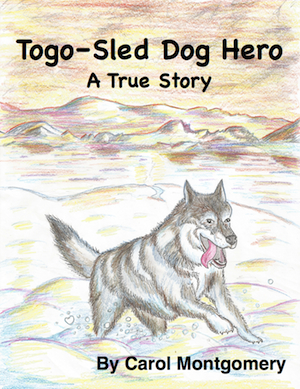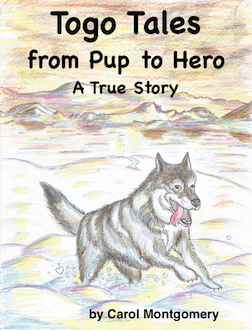publication date: Jul 23, 2012
|
author/source: Carol Montgomery
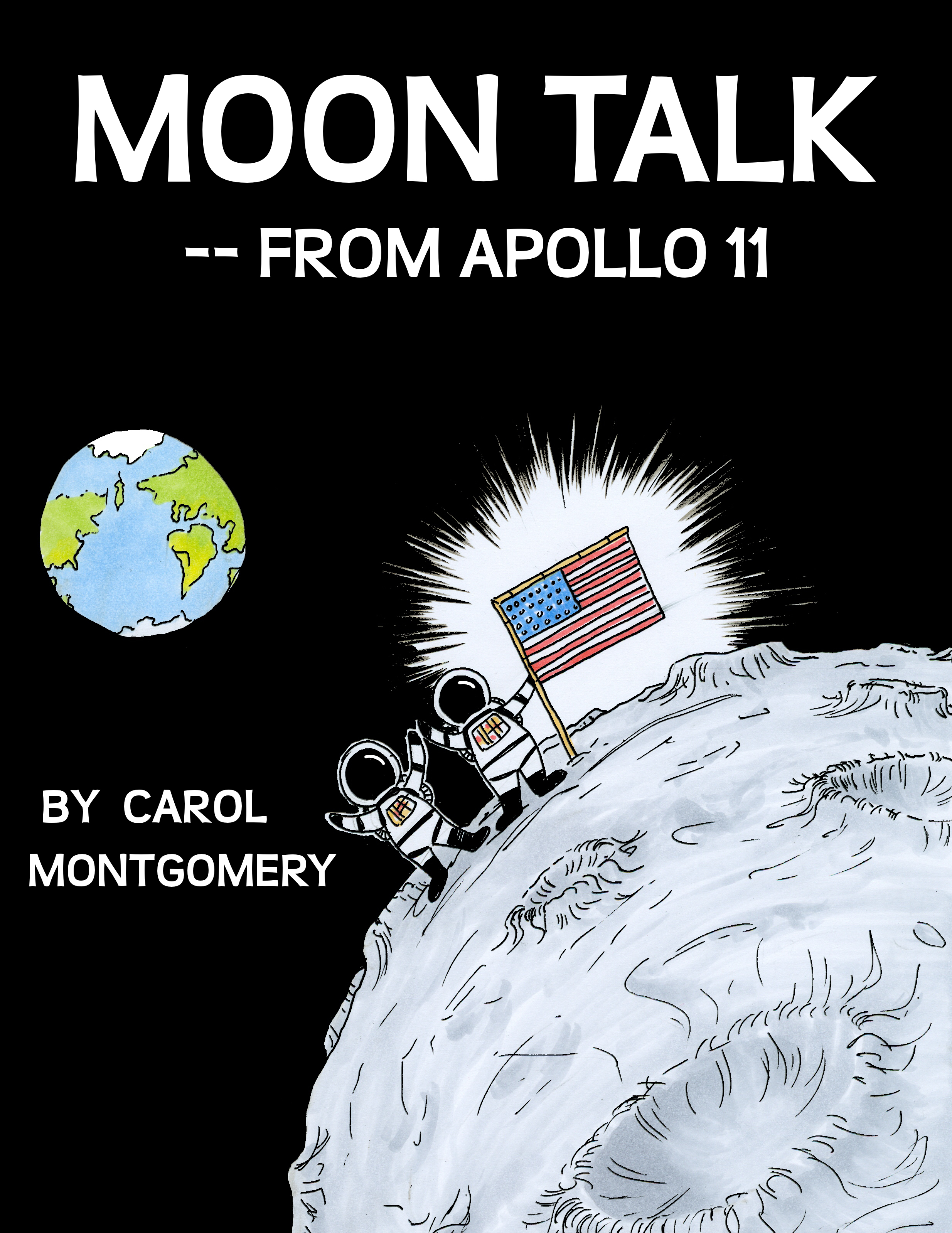 Interested in NASA transcripts, adapted for Readers Theater, of the historic conversations from the Moon in July 1969? In "Moon Talk—from Apollo 11 (Long Version)" you'll find authentic Moon talk from the astronauts themselves, the first men on the Moon.
Interested in NASA transcripts, adapted for Readers Theater, of the historic conversations from the Moon in July 1969? In "Moon Talk—from Apollo 11 (Long Version)" you'll find authentic Moon talk from the astronauts themselves, the first men on the Moon.
Although the readability tested fifth grade, there is quite a bit of vocabulary, making this printable script suitable for upper elementary, middle school, high school, and adults. Complete with 6 pages of annotated curriculum links for easy lesson plans, this space script may stand alone or be part of a unit study on the solar system. This is the longest of our series of three "Moon Talk" printable scripts: Quick = 13 minutes, Shortened = 19 minutes, Long = about 21 minutes.
TIME: about 21 minutes CAST: 6+ (chorus; 2 speaking parts have a lot fewer lines) TONE: scientific, educational, historic READABILITY: grade 5.0 (I would put it higher because of the extensive vocabulary.)
Below you'll see an excerpt from the first few pages of this historically accurate script. (The bracketed numbers at the end of some lines are reference numbers to the original NASA transcripts. In the PDF of the script the numbers are always at the end of periodic lines.)
Moon Talk from Apollo 11
Adapted for Readers Theater by Carol Montgomery ©2012
From NASA’s Apollo 11 Lunar Surface Journal*
(Transcript and Commentary Copyright 1995 by Eric M. Jones)
Narrator: It’s been four days since the Saturn rocket launched into space with the Columbia Command Module and the Eagle Lunar Module. Today we’re in for a treat as we hear parts of the astronauts’ actual conversation, live from the Moon and outer space.
Collins: You’ll hear me, Michael Collins, as I orbit the Moon.
Aldrin: You’ll hear me, Buzz Aldrin, as I explore the Moon.
Armstrong: And, you’ll hear me, Neil Armstrong, as I become the first man who walks on the Moon.
Narrator: The world waited a long time for this day, July 20, 1969. After two alarms went off earlier due to computer overloads, many now hold their breath because they’ve heard the announcement that the Eagle has only 60 seconds of fuel left before they have to land on the Moon. The Moon is filled with craters and mountains. The astronauts have taken over manual control from the computer.
Mission Control: Houston Mission Control here. You have 30 seconds of fuel remaining.
Armstrong: Can’t land on a crater....or on those boulders.
Aldrin: We’re close.....drifting forward a little. That’s good. Contact light.
Armstrong: Shutdown. [102:45:43]
Aldrin: Okay. Engine stop.
Mission Control: We copy you down, Eagle.
Armstrong: Engine is off..... Houston, Tranquility Base here. The Eagle has landed. [102:45:58]
Mission Control: Roger, Tranquility. We copy you on the ground. You have a bunch of guys about to turn blue. We’re breathing again. Thanks a lot. [102:46:06]
Aldrin: Thank you.
Mission Control: You’re looking good, here.
Narrator: The astronauts, Buzz Aldrin and Neil Armstrong prepare for immediate lift-off in case the landing damaged their fuel tank. They go through their checklists of procedures. Meanwhile, Michael Collins, orbits the Moon waiting to pick up his fellow astronauts whenever they leave the Moon.
Collins: Houston, do you read me?
Mission Control: We read you, Columbia. He has landed at Tranquility Base. Eagle is at Tranquility. Over.
Collins: Yeah, I heard the whole thing.
Mission Control: Good show.
Collins: Fantastic.
Narrator: The astronauts continue to do a lot of technical communication. Finally, the pilot of Eagle, Neil Armstrong, speaks...
Armstrong: Hey, Houston, that may have seemed like a very long final phase. The Auto targeting was taking us right into a football-field-sized crater, with a number of big boulders and rocks for about one or two crater diameters around it, and it required us going in P66 and flying manually over the rock field to find a reasonably good area. [102:55:16]
Mission Control: Roger. We copy. It was beautiful from here, Tranquility. Over.
Aldrin: We’ll get to the details of what’s around here, but it looks like a collection of just about every variety of shape, angularity, granularity, about every variety of rock you could find. The color is...Well, it varies pretty much depending on how you’re looking...There doesn’t appear to be too much of a general color at all... Over. [102:56:02]
Narrator: The Sun, low in the sky, reflects brightly as the astronauts look out the window while they get ready to exit.
Mission Control: Roger. Copy. Sounds good to us, Tranquility. We’ll let you press on through the simulated countdown, and we’ll talk to you later. Over.
Armstrong: Roger.
Aldrin: Okay. This one-sixth g is just like the airplane. [102:57:01]
Narrator: The astronaut, Buzz Aldrin, notices he feels less gravity pull on his body on the Moon than on Earth.
Mission Control: Roger, Tranquility. Be advised there are lots of smiling faces in this room and all over the world. Over.
Armstrong: Well, there are two of them up here. [102:57:15]
Mission Control: Roger. That was a beautiful job, you guys.
Collins: And don’t forget one smiling face here in the command module...Thanks for putting me on relay, Houston. I was missing all the action.
Mission Control: Roger, Columbia. This is Houston. Say something. They ought to be able to hear you in the Eagle. Over. (Continued...)
***Click on the PDF link below to see the full printable version of the science and history Readers Theater script, "Moon Talk--from Apollo 11 (Long Version)."
Download the PDF "Moon Talk from Apollo 11 (Long Version)," a space script about Apollo 11 with the first men on the Moon.
BONUS LINK: Liz, from Middle School Science ("Free Lesson Plans and Resources for Grades 5-8") generously shares links for easy lesson plans on the Moon, Apollo missions, and tides. I didn't check all of her resources, but she obviously knows what she's sharing because she TEACHES it. :)
Here's what she wrote on her Middle School Science blog about this script:
"This was a GREAT way to end our Apollo unit. We used the longer version and I photocopied a class set and highlighted the different speaking parts for each reader. I had 2 readers for Armstorng, 2 for Aldrin, 1 for Collins, 5 readers for mission control, 2 readers for the narrator, and one reader for Nixon."
Interested in NASA transcripts, adapted for Readers Theater, of the historic conversations from the Moon in July 1969? In "Moon Talk from Apollo 11 (Long Version)" you'll find authentic Moon talk from the astronauts themselves, the first men on the Moon. Although the readability tested fifth grade, there is quite a bit of vocabulary, making this printable script suitable for upper elementary, middle school, high school, and adults. Complete with 6 pages of annotated curriculum links for easy lesson plans, this space script may stand alone or be part of a unit study on the solar system. This is the longest of our series of three "Moon Talk" printable scripts: Quick = 13 minutes, Shortened = 19 minutes, Long = about 21 minutes.
TIME: about 21 minutes CAST: 6+ (chorus; 2 speaking parts have a lot fewer lines) TONE: scientific, educational, historic READABILITY: grade 5.0 (I would put it higher because of the extensive vocabulary.)





 Interested in NASA transcripts, adapted for Readers Theater, of the historic conversations from the Moon in July 1969? In "Moon Talk—from Apollo 11 (Long Version)" you'll find authentic Moon talk from the astronauts themselves, the first men on the Moon.
Interested in NASA transcripts, adapted for Readers Theater, of the historic conversations from the Moon in July 1969? In "Moon Talk—from Apollo 11 (Long Version)" you'll find authentic Moon talk from the astronauts themselves, the first men on the Moon. 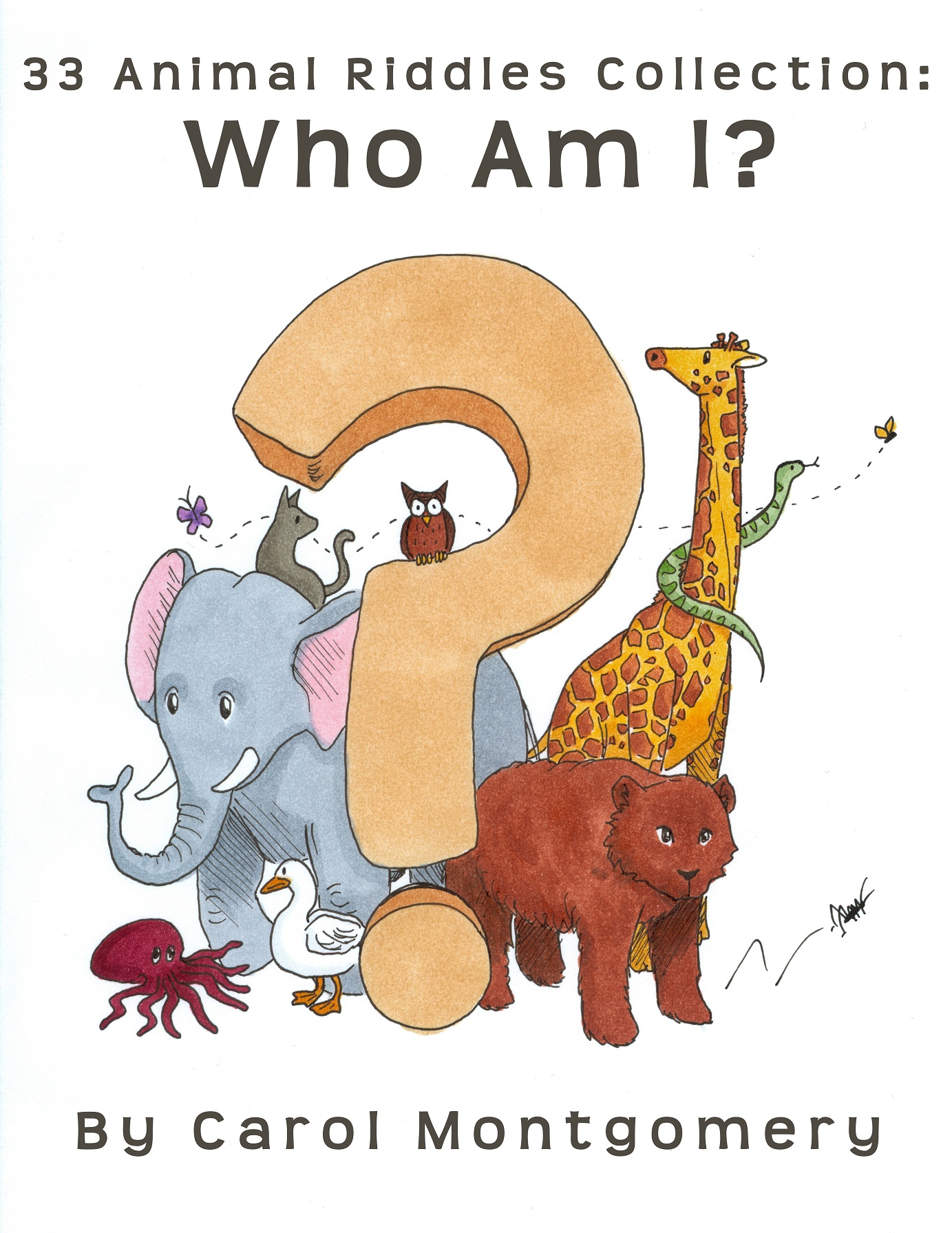

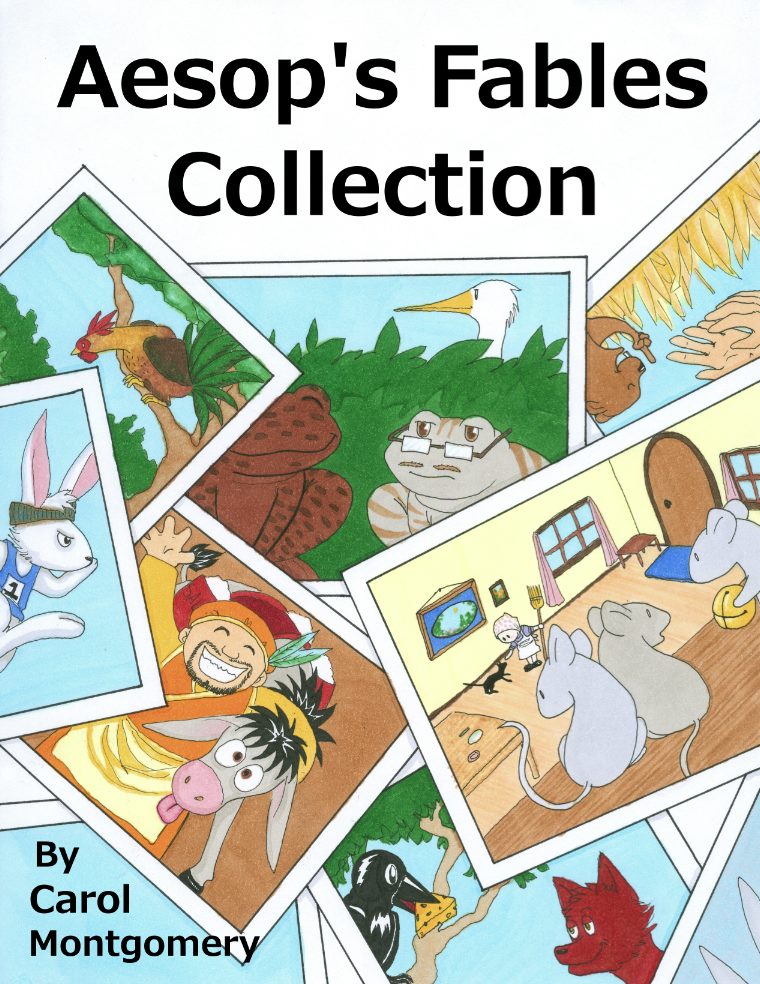
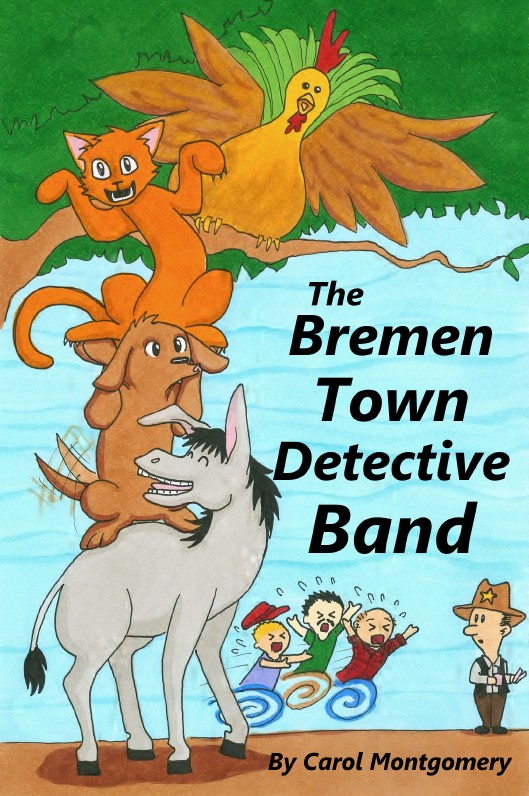
.jpg)
